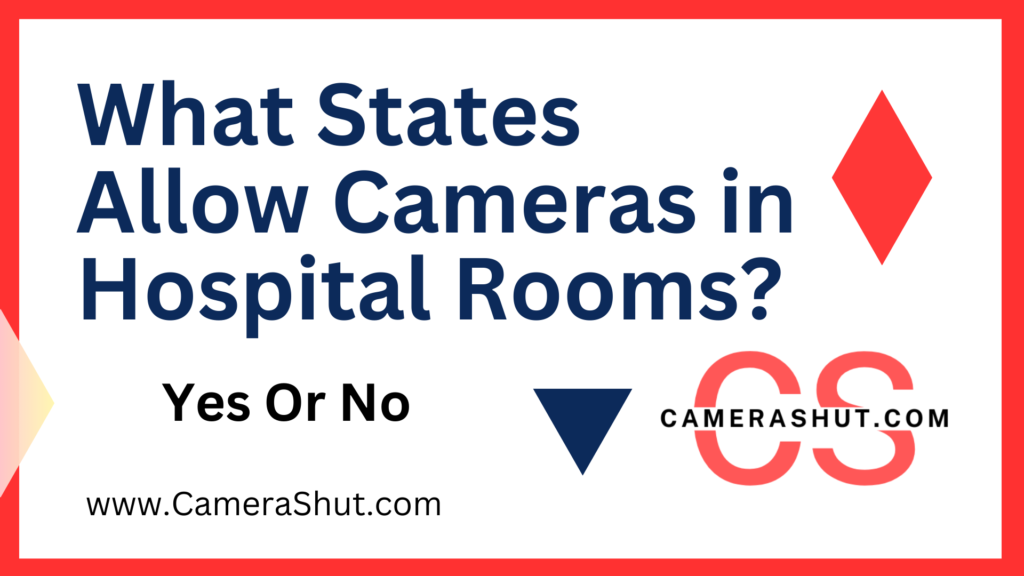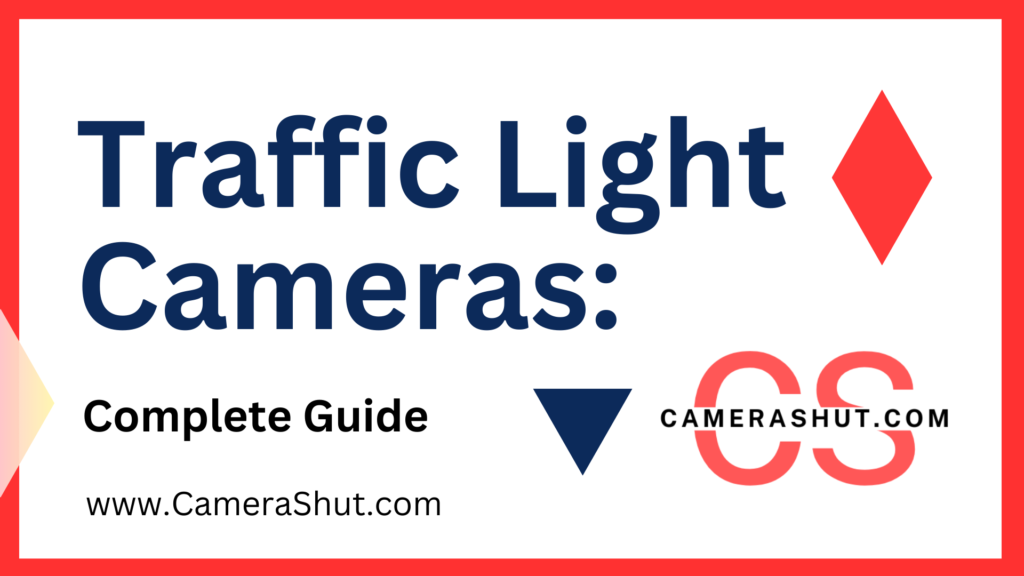In recent years, a lot of talk has focused on the usage of cameras in hospital rooms. Healthcare facilities are thinking more and more about using surveillance to improve patient care and safety as a result of technological improvements. Nonetheless, there are significant regional variations in the US regarding the use of cameras in hospital rooms and their legality. This page answers some commonly asked questions and examines whether states permit cameras in hospital rooms as well as the advantages, drawbacks, and legal issues surrounding their use.

States That Permit Cameras in Hospital Rooms: The Legal Environment
State Laws and federal regulations
There are no federal laws that specifically address the usage of cameras in hospital rooms. The Health Insurance Portability and Accountability Act (HIPAA), which safeguards patient privacy and personal health information, must be followed by healthcare facilities. Careful management of the camera implementation is necessary to guarantee adherence to HIPAA requirements.
Regarding the usage of cameras in hospital rooms, state laws differ greatly. While some jurisdictions have explicit laws allowing the use of monitoring in medical settings, others let individual healthcare facilities make that decision.
States That Allow Cameras
Texas: This state is among those that expressly permit the installation of cameras in hospital rooms. A statute enacted by the state in 2001 allows cameras to be installed in nursing home rooms with the permission of the inhabitants. While the primary focus of the law is on nursing homes, its ideas are also frequently used in hospital settings.
Illinois: Residents of nursing homes and other long-term care institutions are permitted to install cameras in their rooms by the Authorized Electronic Monitoring in Long-Term Care institutions Act. Under some circumstances, hospital rooms are now covered by this statute.
New York: The state of New York has put laws into place allowing the use of cameras in hospital rooms and other healthcare facilities. The state mandates adherence to HIPAA laws and patient consent.
Florida: The state of Florida has legislation that allow assisted living and nursing homes to use cameras. Although not mentioned specifically, hospital rooms are covered by this regulation as long as patient agreement is received.
California: Provided that hospital rooms and other healthcare facilities abide by HIPAA rules and state privacy laws, cameras may be used there. Obtaining patient consent is essential to using this technique.
States with Restricted or No Camera Use
While some states have explicit laws allowing the use of cameras, others have limitations or forbid them completely. States with stringent privacy regulations, like Michigan and Pennsylvania, for example, prohibit the use of cameras in hospital rooms. In these states, the main priorities are safeguarding patient confidentiality and making sure that no one’s rights are violated by surveillance.
Benefits of Cameras in Hospital Rooms
Enhanced Patient Safety
An important advantage of adding cameras to hospital rooms is that it makes patients safer. Patients, particularly those who are vulnerable to falls or other mishaps, can be observed by cameras. They can notify medical professionals about situations, guaranteeing prompt action.
Improved Quality of Care
By enabling medical professionals to examine recorded material and pinpoint areas for development, cameras can help raise the standard of treatment. This can lead to better training and more effective care methods.
Family Peace of Mind
Families might feel more at ease knowing that their loved ones are being watched over. With the use of cameras, family members can monitor patients from a distance and make sure they are getting the care they require.
Concerns and Challenges
Protection Issues
One of the most critical concerns encompassing the utilize of cameras in clinic rooms is understanding security. The nearness of cameras can make patients feel awkward and encroach on their sense of protection. It is fundamental to get express assent from patients and guarantee that camera utilize complies with HIPAA regulations.
Legal and Moral Considerations
The utilize of cameras in healthcare settings raises a few legitimate and moral questions. Offices must explore the complex scene of government and state laws, guaranteeing they do not damage quiet rights. Moral contemplations incorporate regarding persistent nobility and autonomy.
Technical and Security Challenges
The usage of camera frameworks requires vigorous specialized framework and security measures. Clinics must guarantee that film is safely put away and open as it were to authorized work force. The potential for hacking and information breaches is a noteworthy concern that must be addressed.
FAQ
Are cameras permitted in all healing center rooms in the states that allow them?
No, the utilize of cameras is frequently subject to particular conditions and controls. In most cases, persistent assent is required, and cameras must comply with security laws and HIPAA regulations.
Can patients ask the evacuation of cameras from their rooms?
Yes, patients by and large have the right to ask the expulsion of cameras from their rooms. In states where cameras are allowed, quiet assent is pivotal, and patients can pull back their assent at any time.
Are there any choices to cameras for observing patients?
Yes, there are a few choices to cameras, counting bed cautions, movement sensors, and wearable gadgets that screen understanding imperative signs. These choices can give comparative benefits without the protection concerns related with cameras.
How do clinics guarantee the security of camera footage?
Hospitals must actualize strong security measures to secure camera film. This incorporates scrambling information, confining get to to authorized staff, and frequently examining frameworks to distinguish and avoid unauthorized access.
What ought to patients do if they are awkward with cameras in their healing center rooms?
Patients ought to communicate their concerns to the healing center staff and ask the evacuation or deactivation of cameras if they are awkward. They can moreover ask around elective observing choices that regard their privacy.
Conclusion
The utilize of cameras in clinic rooms is a complex issue that includes adjusting understanding security and protection. Whereas a few states allow the utilize of cameras, the usage of this innovation must be carefully overseen to comply with government and state controls. As innovation proceeds to advance, healthcare offices must explore these challenges to give the best conceivable care for their patients.


